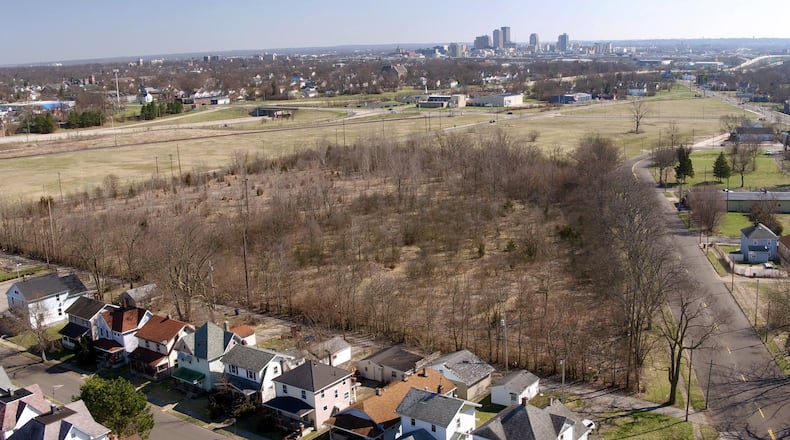About 952 households in those neighborhoods do not have internet access, or nearly a quarter of the total (22.8%), according to Census data provided by the city.
The city is interested in offering free wireless internet to those neighborhoods and possibly others during the pandemic when a lot of business activities, work, learning and medical services have shifted to online platforms, officials said.
“The city recognizes access to reliable internet in many of our homes is a challenge our residents face,” said Melissa Wilson, Dayton’s purchasing agent. “This digital divide was made more apparent through the COVID-19 pandemic and the city is interested in exploring all feasible options to bridge this divide.”
The main focus is on helping vulnerable residents access telehealth services, but the broadband expansion project hopefully will have a lasting impact even after the pandemic is over, said Dayton Mayor Nan Whaley.
“This is something really important, as we’ve learned, during this time of COVID, both for education and health purposes,” Whaley said. “And it’s an infrastructure issue.”
Since the start of the coronavirus crisis, citizens increasingly have relied on the internet for education, jobs, shopping and medical services.
But in some parts of northwest Dayton, more than one-third of households do not have internet access, and homes without service are concentrated in some high-poverty zip codes, the city said.
The broadband expansion project seeks to address disparities related to internet access while specifically helping residents utilize telehealth options, city officials said.
Health care services in northwest Dayton have suffered since Good Samaritan Hospital closed a few years ago, but telemedicine could be a solution, officials said.
The city is seeking a vendor to help provide Internet speeds of 25 megabits per second (Mbps) for downloads and 3 Mbps for uploads. Today is the deadline for vendors to submit electronic proposals.
The city says it is looking for a long-term partner that will continue assisting with the project after the system is installed. The city wants the project up and operational before Dec. 28.
The city says this pilot project could serve as a blueprint for expanding and enhancing broadband access in the future, and the city has requested a “scalability plan” to support future growth or downsizing.
The city has to spend its CARES Act funds by the end of the year, and work on the project needs to begin immediately, officials said.
But Mayor Whaley said this project could set up the infrastructure needed for high-speed internet and it’s possible the city could find foundation support or other types of funding to cover the cost of the service moving forward.
“That’s why we are doing a notice of funding, because we don’t have a sense of what we can get,” Whaley said. “But we’re saying, ‘This is how much money we have, so OK providers, what can you offer?’”
Years ago, the city offered free wireless internet in downtown years and unsuccessfully tried to expand service citywide.
About the Author

